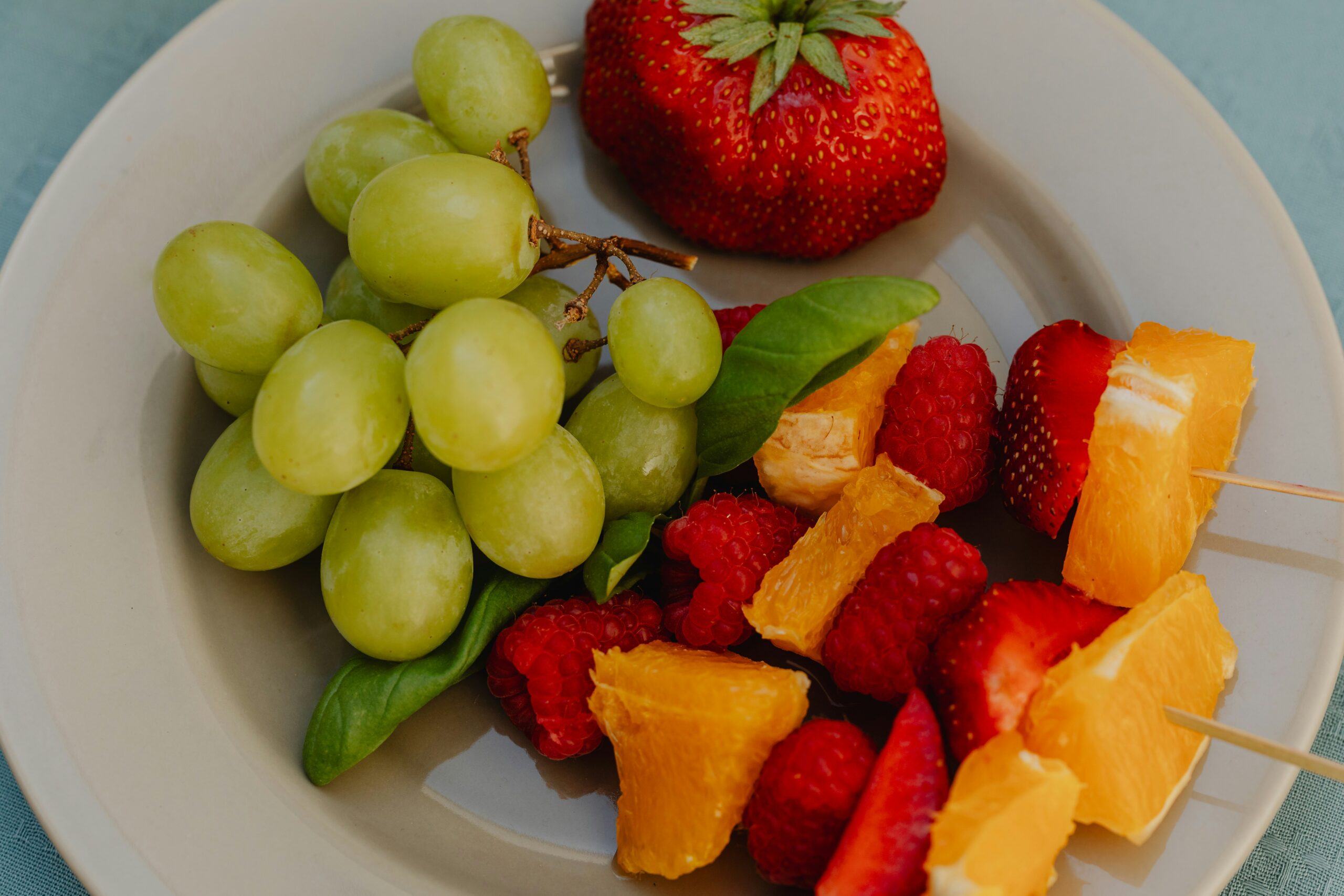
Maintaining a healthy gut is essential for overall well-being, influencing everything from digestion to immune function and mental health. One of the most effective ways to support gut health is through a clean diet, which can nourish your digestive system, balance gut flora, and improve digestion. In this article, we’ll explore practical tips for boosting your gut health with a clean diet, helping you feel your best every day.
Understanding Gut Health and Its Importance
Before diving into how a clean diet can improve your gut health, it’s crucial to understand what gut health means. Your gut is home to trillions of microorganisms, including bacteria, viruses, and fungi. These microorganisms play a vital role in your digestive process and overall health. A balanced and diverse microbiome helps digest food, synthesize vitamins, and regulate your immune system. When your gut microbiome is off balance, it can lead to digestive issues, weakened immunity, and even mood imbalances.
How a Clean Diet Improves Gut Health
A clean diet focuses on whole, minimally processed foods and eliminates harmful substances that can disrupt gut flora. Foods like fruits, vegetables, lean proteins, and healthy fats provide the nutrients needed for optimal gut health. They support the growth of beneficial bacteria, enhance digestion, and help prevent inflammation.
When you consume foods high in refined sugars, processed fats, and artificial additives, they can negatively affect gut health by feeding harmful bacteria and promoting inflammation. Switching to a clean diet helps restore balance to your microbiome, leading to better digestion, improved immune function, and enhanced energy levels.
Key Tips for Boosting Gut Health with a Clean Diet
Incorporating probiotic-rich foods into your diet is one of the best ways to improve your gut health. Probiotics are live bacteria that promote the growth of good bacteria in your gut. Some excellent sources of probiotics include yogurt, kefir, kimchi, sauerkraut, and miso. By regularly consuming these foods, you help populate your gut with beneficial bacteria, which can improve digestion and boost your immune system.
Fiber plays a critical role in gut health by providing the fuel for beneficial bacteria. A fiber-rich diet can help prevent constipation, regulate bowel movements, and enhance the diversity of your gut microbiota. Some high-fiber foods include whole grains like brown rice, quinoa, and oats; legumes such as beans, lentils, and chickpeas; and vegetables like broccoli, spinach, and carrots. Aim to include a variety of fiber sources in your diet to support your digestive health and improve gut function.
Processed foods and added sugars can wreak havoc on your gut health by feeding harmful bacteria and contributing to inflammation. A clean diet emphasizes whole, unprocessed foods that provide essential nutrients without unnecessary additives. To support gut health, try to limit your intake of sugary snacks and beverages, refined carbohydrates such as white bread and pasta, and processed meats like hot dogs and sausages. Instead, focus on fresh fruits, vegetables, lean proteins, and healthy fats to nourish your gut.
Nourishing Gut Health: The Role of Prebiotics, Hydration, and Healthy Fats
Prebiotics are foods that feed and nourish the good bacteria in your gut. By including prebiotic-rich foods in your diet, you can enhance the growth and activity of beneficial gut bacteria, improving overall gut health. Prebiotic foods include garlic, onions, leeks, asparagus, bananas (especially when slightly green), chicory root, and artichokes. Adding these foods to your meals can enhance the effects of probiotics and further support gut health.
Proper hydration is essential for digestive health. Water helps keep food moving through your digestive system, prevents constipation, and supports overall digestion. Aim to drink at least eight glasses of water per day, or more if you’re active or live in a hot climate. Herbal teas, such as ginger or peppermint tea, can also aid digestion and soothe an upset stomach.
Fats are an essential part of a clean diet and can benefit gut health when consumed in moderation. Healthy fats, such as those found in avocados, olive oil, and fatty fish, help reduce inflammation and provide energy for your body. Omega-3 fatty acids, found in foods like salmon, walnuts, and flaxseeds, are particularly beneficial for gut health. They help reduce inflammation in the gut and promote the growth of healthy gut bacteria.
The Role of Stress in Gut Health
While diet plays a significant role in gut health, stress can also impact digestion. Chronic stress can alter the balance of gut bacteria, leading to digestive problems like bloating, indigestion, and even IBS (irritable bowel syndrome). To reduce stress and support gut health, try incorporating relaxation techniques like meditation, deep breathing, and regular physical activity into your routine.
Foods to Avoid for Better Gut Health
To maximize the benefits of a clean diet, it’s essential to avoid certain foods that can harm gut health. These include fried and fatty foods, which can irritate the digestive system; artificial sweeteners, which may disrupt gut flora; dairy products (for those with lactose intolerance); and highly processed foods, which lack fiber and essential nutrients. By reducing or eliminating these foods from your diet, you give your gut the best chance to thrive.
Start Your Journey to Better Gut Health Today
Boosting your gut health with a clean diet is one of the most effective ways to improve digestion, enhance overall wellness, and prevent future health issues. By incorporating probiotic and prebiotic foods, focusing on whole, nutrient-rich foods, and avoiding processed ingredients, you can restore balance to your gut microbiome and promote better digestion.
Incorporate these tips into your daily routine, and you’ll be on your way to feeling healthier and more energized, all while supporting your gut health for the long term.